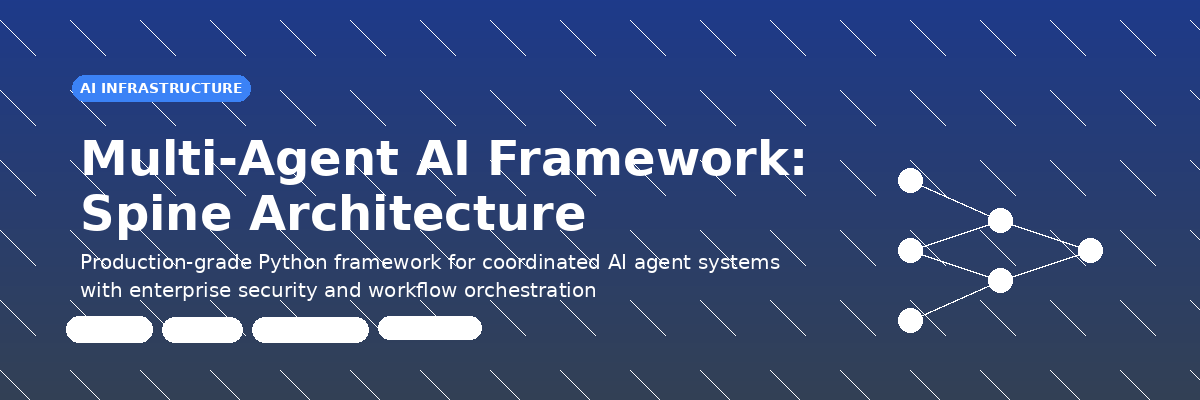It is crucial for business leaders to understand that there are two distinct types of trust that must be cultivated to secure great customers. These trust elements form the foundation of successful business relationships and drive long-term success.
- Technical Trust
The first type of trust revolves around your product or service capabilities. This is what I call "technical trust." It addresses the fundamental question: Can your organization deliver on its promises? This is the primary focus of potential buyers when they are actively seeking a supplier, vendor, or partner.
- Implicit Trust
The second, equally critical type of trust relates to your company's ability to manage unforeseen circumstances. This implicit trust asks: Can I rely on this company to handle situations that I haven't even considered? This trust is rooted in the perception of your people, your company culture, and your overall reliability.
While buyers may not consciously evaluate this second type of trust, it plays a significant role in their decision-making process. In fact, I would argue that it accounts for the majority of the final decision.
The Interplay of Trust in the Buying Process
Think about this scenario: A potential customer visits your website, which contains comprehensive technical information about your offerings. Yet, they still insist on speaking with you directly. This behavior illustrates the importance of implicit trust.
Customers are seeking reassurance beyond mere facts and figures. They want to:
- Hear your voice
- Confirm that you're a legitimate operation
- Gauge your commitment to their success
Most of this evaluation occurs subconsciously. Buyers are essentially asking themselves: "When challenges arise, will this company stand by me? Are they stable and dependable? Is this a genuine organization with real people committed to continuous improvement and solving my problems?"
A Strategic Imperative for Business Leaders
As a salesperson, marketer, or business owner, you must recognize that you are constantly building both types of trust. Every interaction, every piece of content, and every customer touchpoint contributes to this dual trust-building process.
<span id="yellow-highlight" class="rte-highlight" style="background-color: yellow;" fs-test-element="highlight">To drive meaningful growth and establish lasting customer relationships, develop a strategic approach that addresses both technical competence and implicit trustworthiness.</span> By consciously cultivating these two pillars of trust, you'll position your organization for sustained success in an increasingly competitive marketplace.




